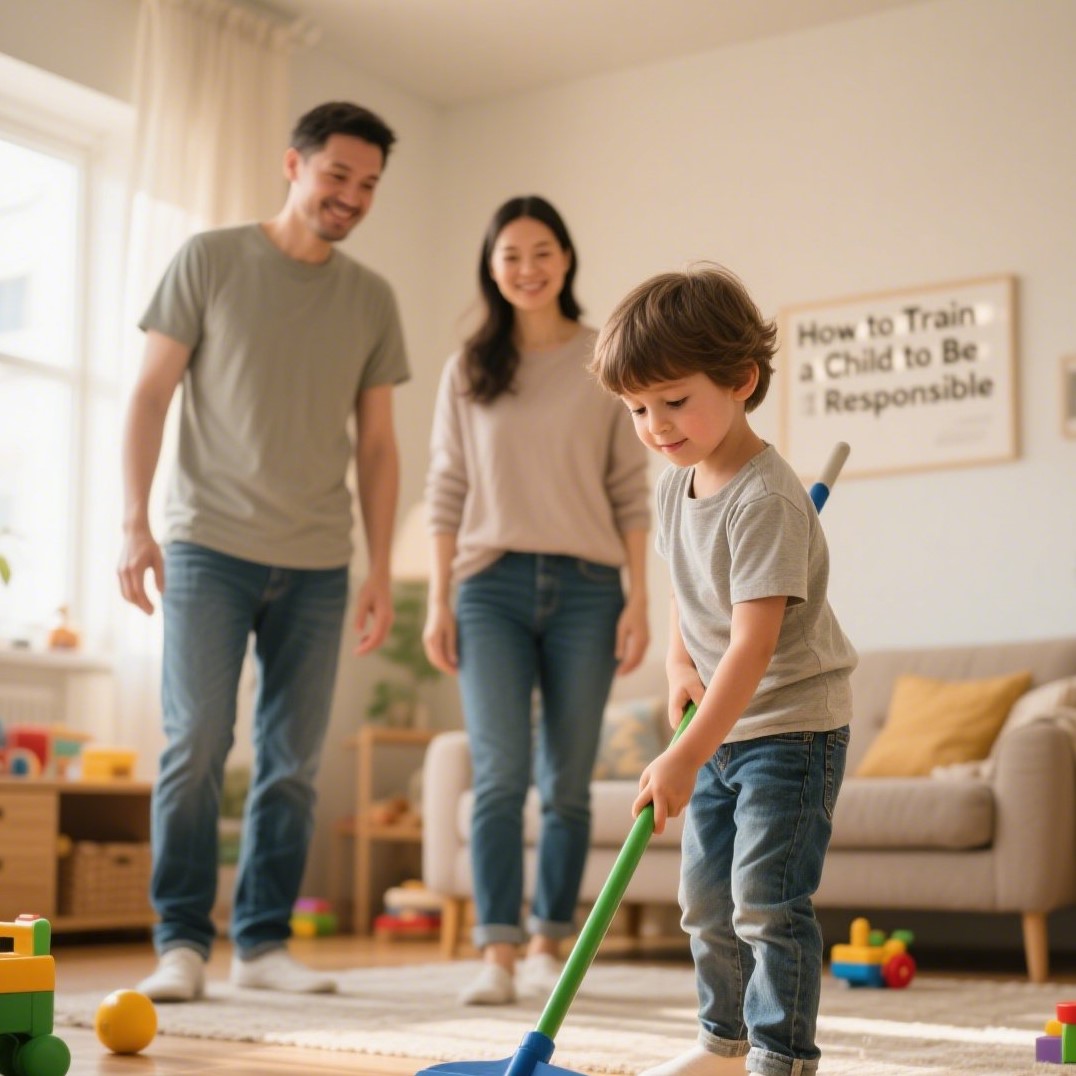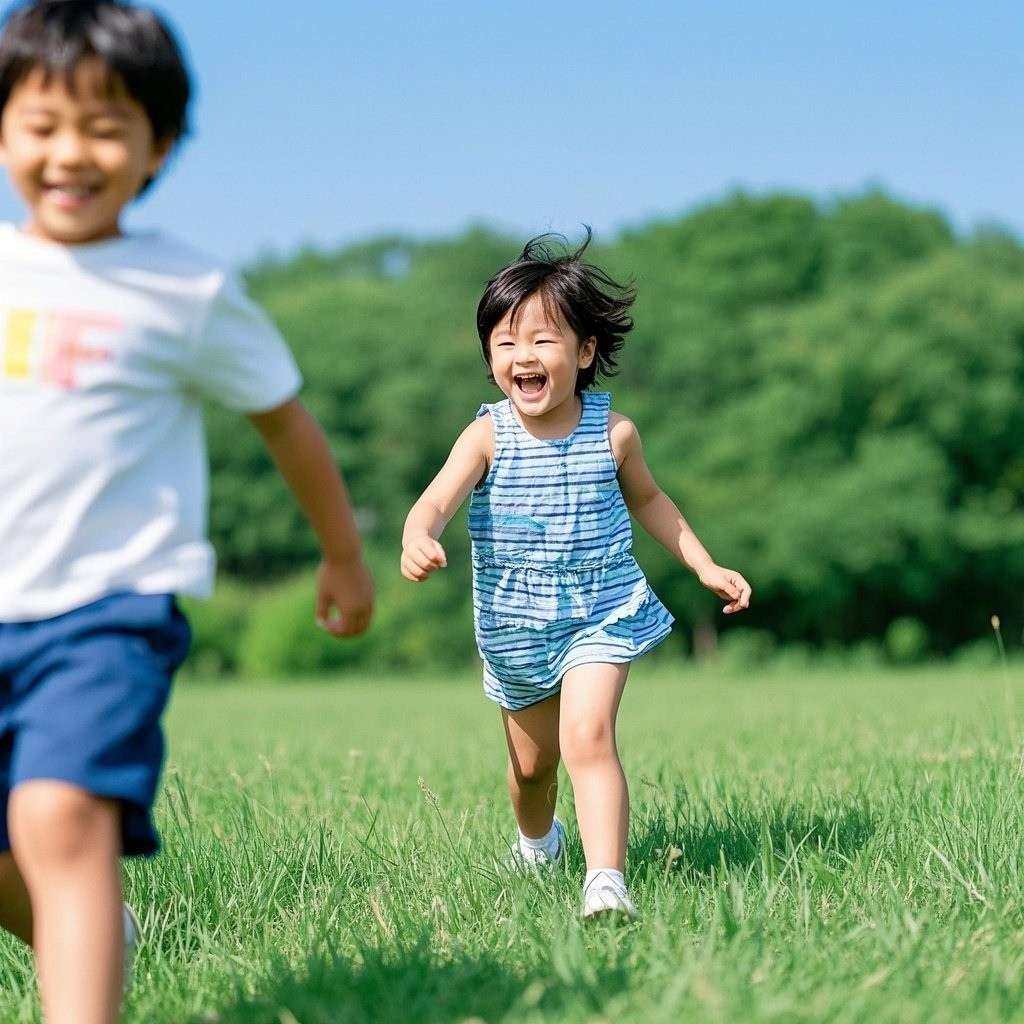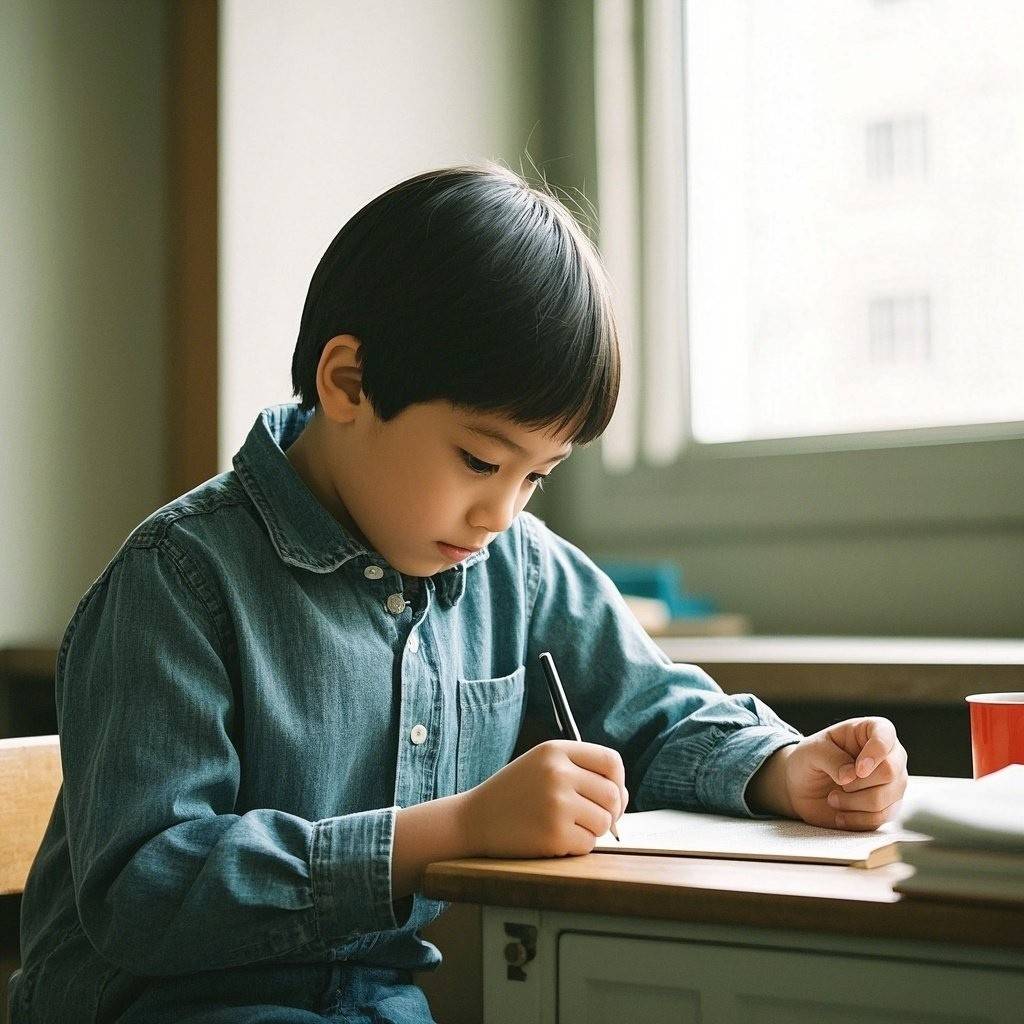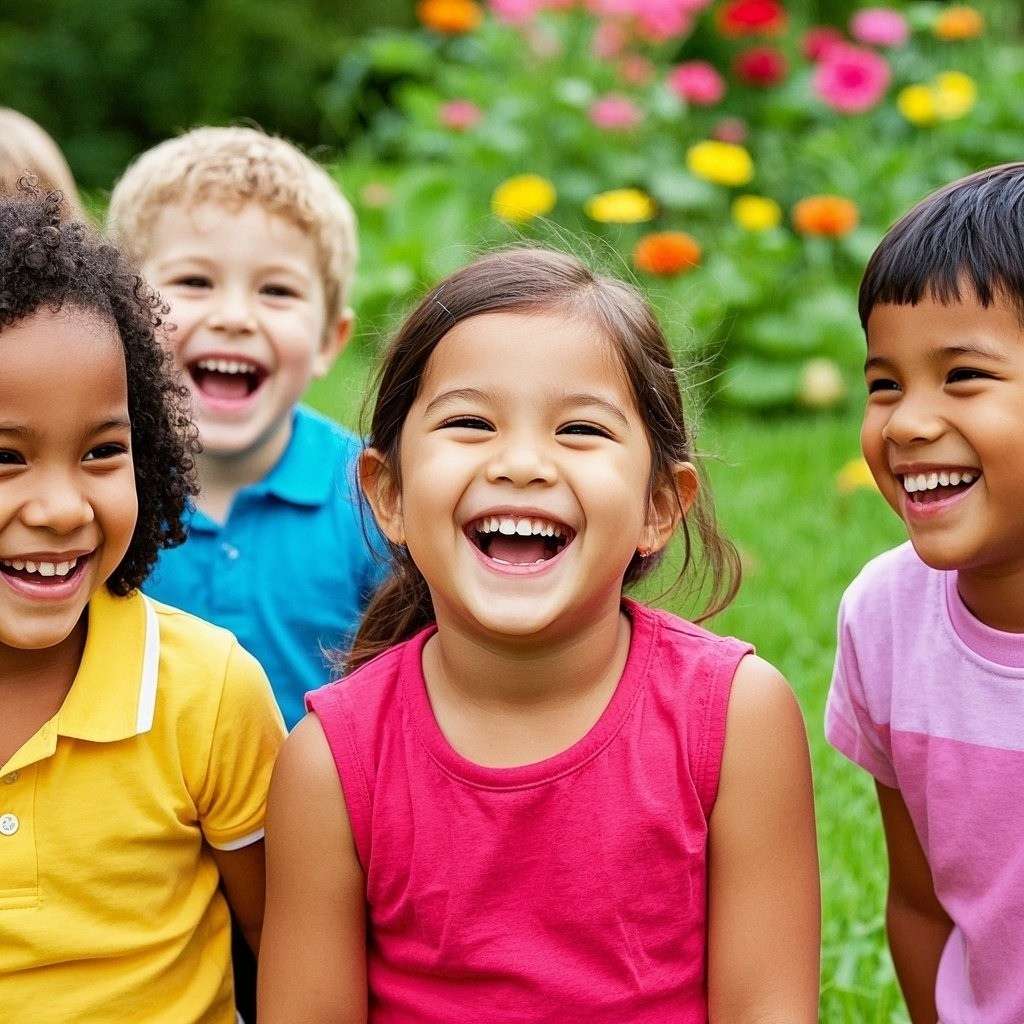Let’s face it—teaching responsibility isn’t as simple as handing your kid a chore chart and calling it a day. It’s not about rewards, punishments, or perfectly folded laundry. It’s about raising a human who takes ownership, follows through, and learns to care—not because they have to, but because they want to.
So, how do you train a child to be responsible?
Here’s the not-so-secret formula: Patience, practice, and the right kind of power.
🧠 1. Start With What They Can Do
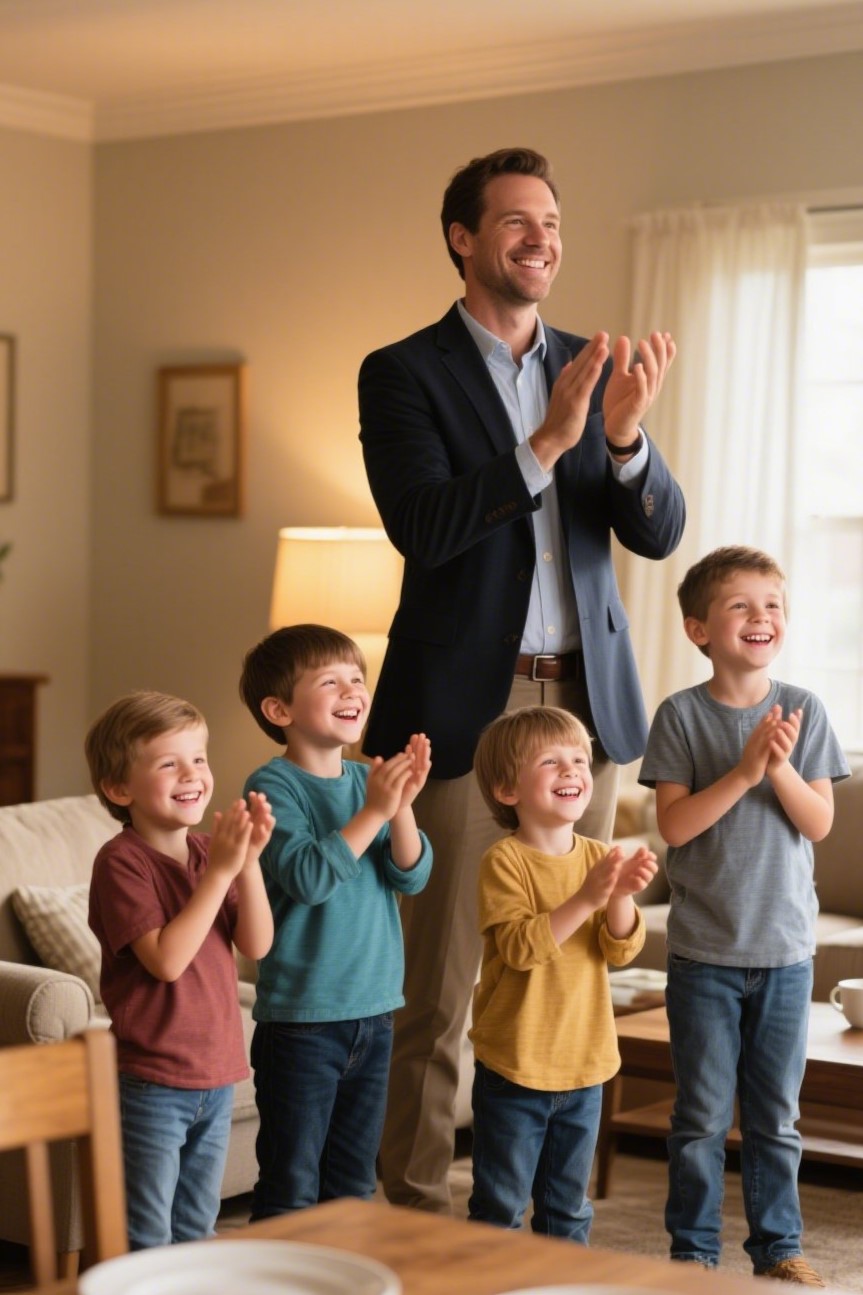
Responsibility grows best when it’s watered with confidence.
Instead of tossing your child into the deep end (“Clean your whole room!”), start with mini-missions that match their age:
- A 4-year-old can feed the fish.
- A 6-year-old can set the table.
- An 8-year-old can pack their school bag.
- A 10-year-old can help plan part of dinner.
Let them feel capable. When kids succeed at something small, they’re more likely to take on something big.
💬 2. Say This, Not That
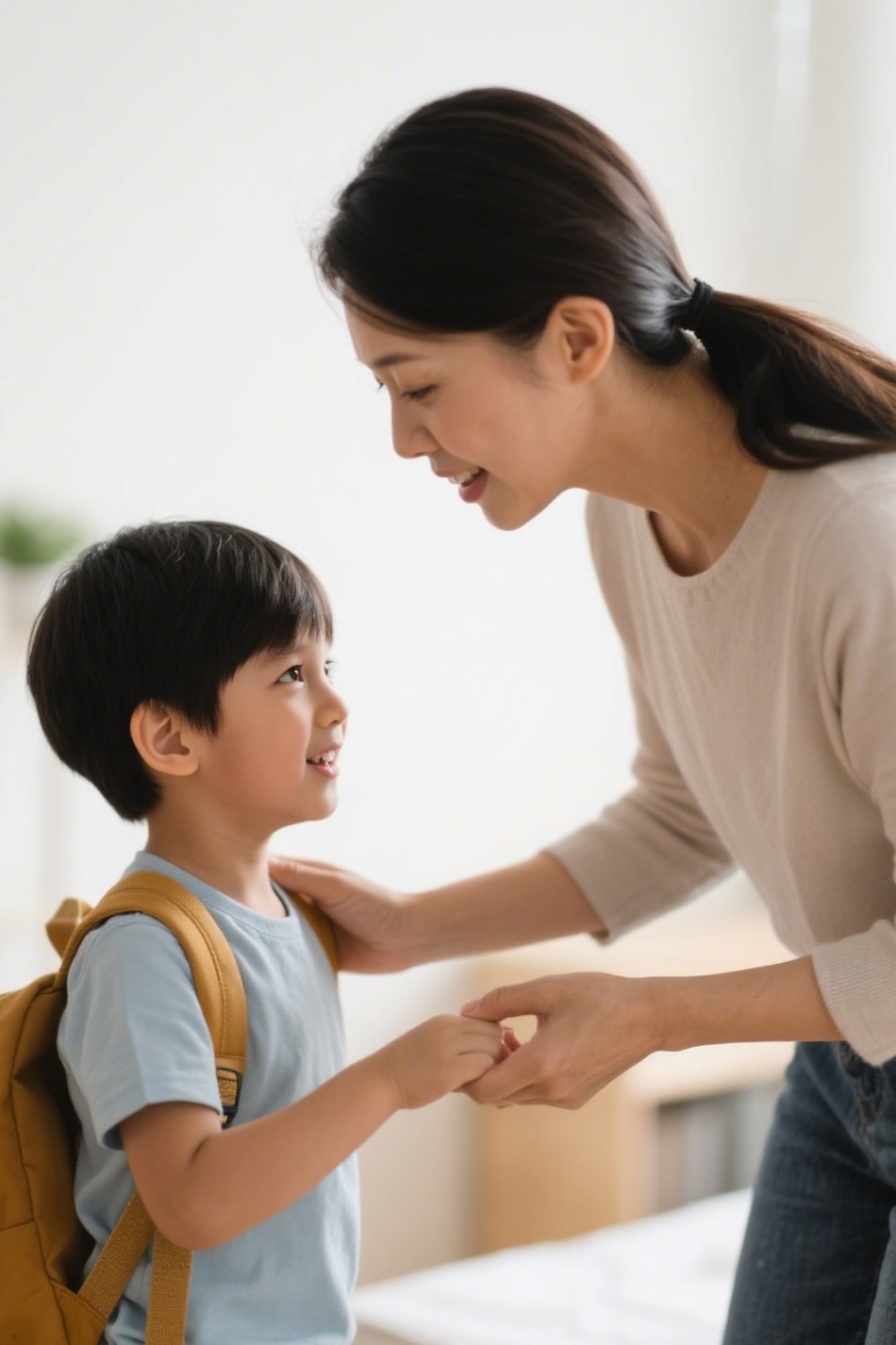
Swap the nagging for empowering language.
❌ “Why do I always have to remind you?”
✅ “I know you can remember this. What’s your plan?”
❌ “Ugh, I guess I’ll do it myself.”
✅ “This is your job—I’m here if you need help, but it’s yours.”
Give your child the message that responsibility isn’t a punishment—it’s a privilege.
🧹 3. Don’t Fix Everything For Them
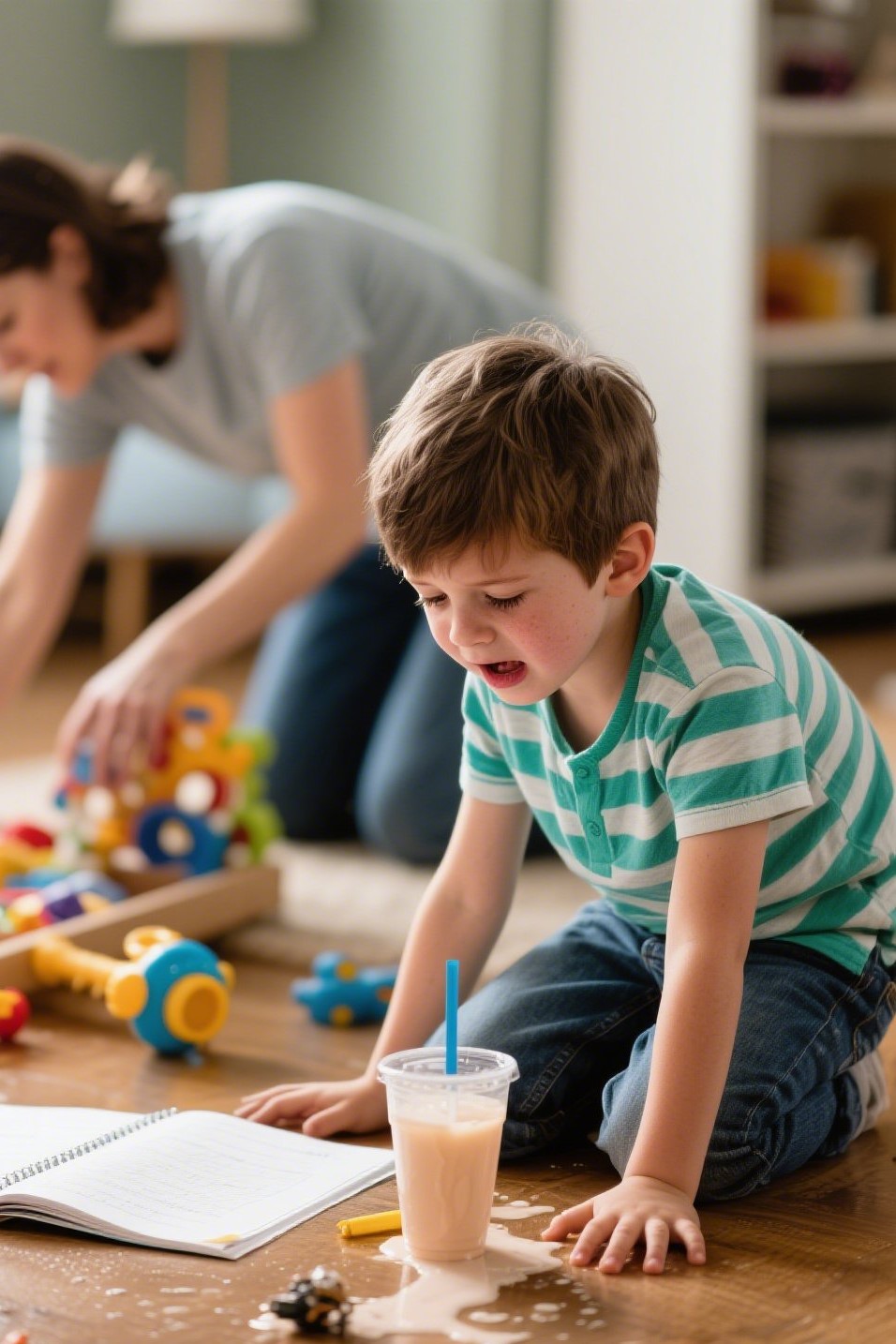
This might be the hardest part: let them feel the natural consequences.
Forgot their homework?
Didn’t put their toy away and now it’s missing?
Spilled their drink because they were goofing off?
Let it play out. Don’t rush in to rescue. Responsibility grows when kids connect their actions with outcomes—without being shamed or scolded.
🧩 4. Turn Chores Into Purpose
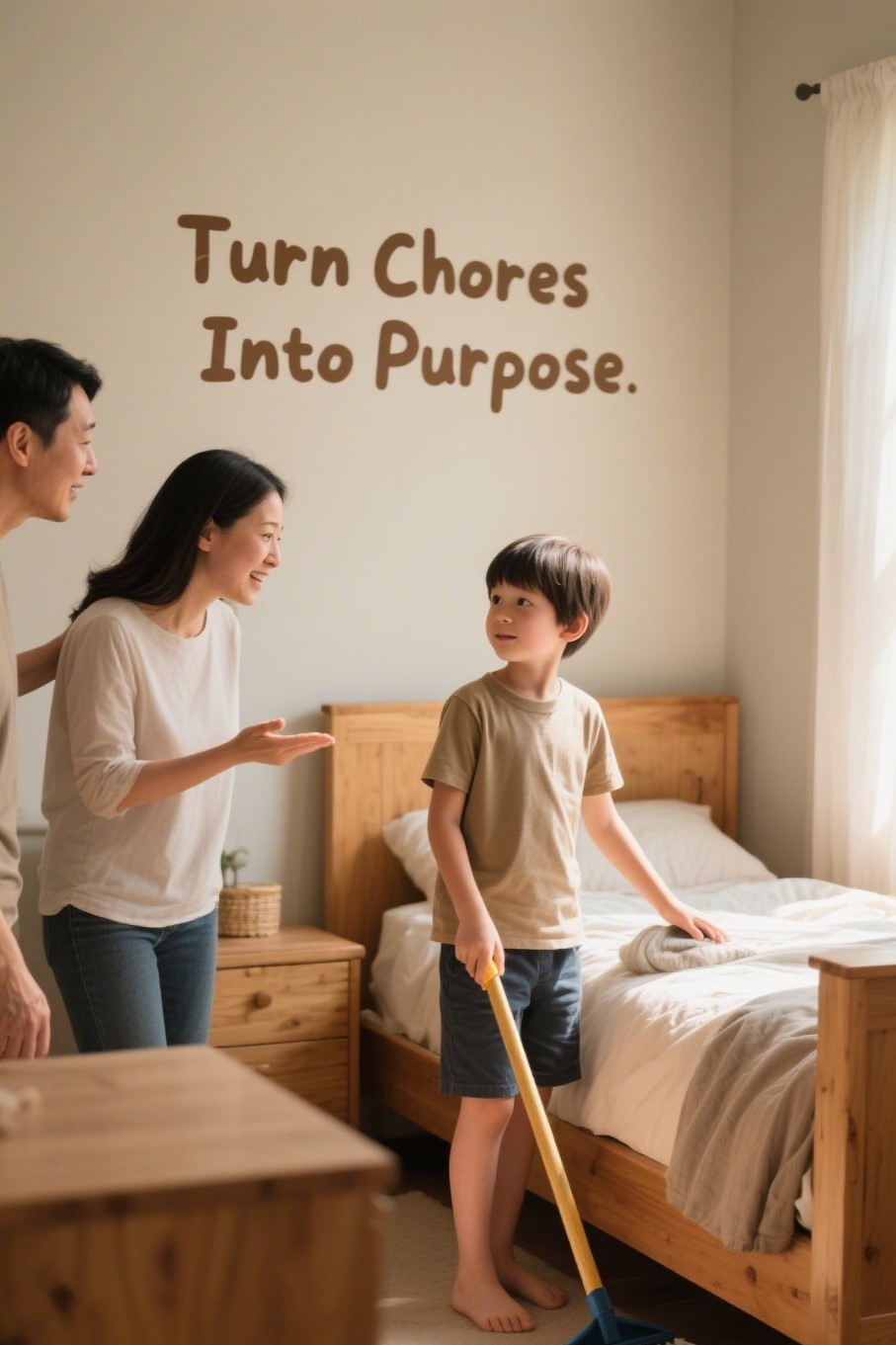
Want your child to take responsibility seriously?
Help them see the impact of their actions.
Instead of just saying “Clean your room,” try:
🗣 “When your room is clean, it’s easier to find your favorite toys.”
🗣 “You’re helping make our home feel calm and cozy.”
🗣 “Thanks for unloading the dishwasher—that gave me time to rest a bit.”
Kids love to feel needed. Show them that their help matters.
🌱 5. Let Them Make Decisions (and Mistakes)
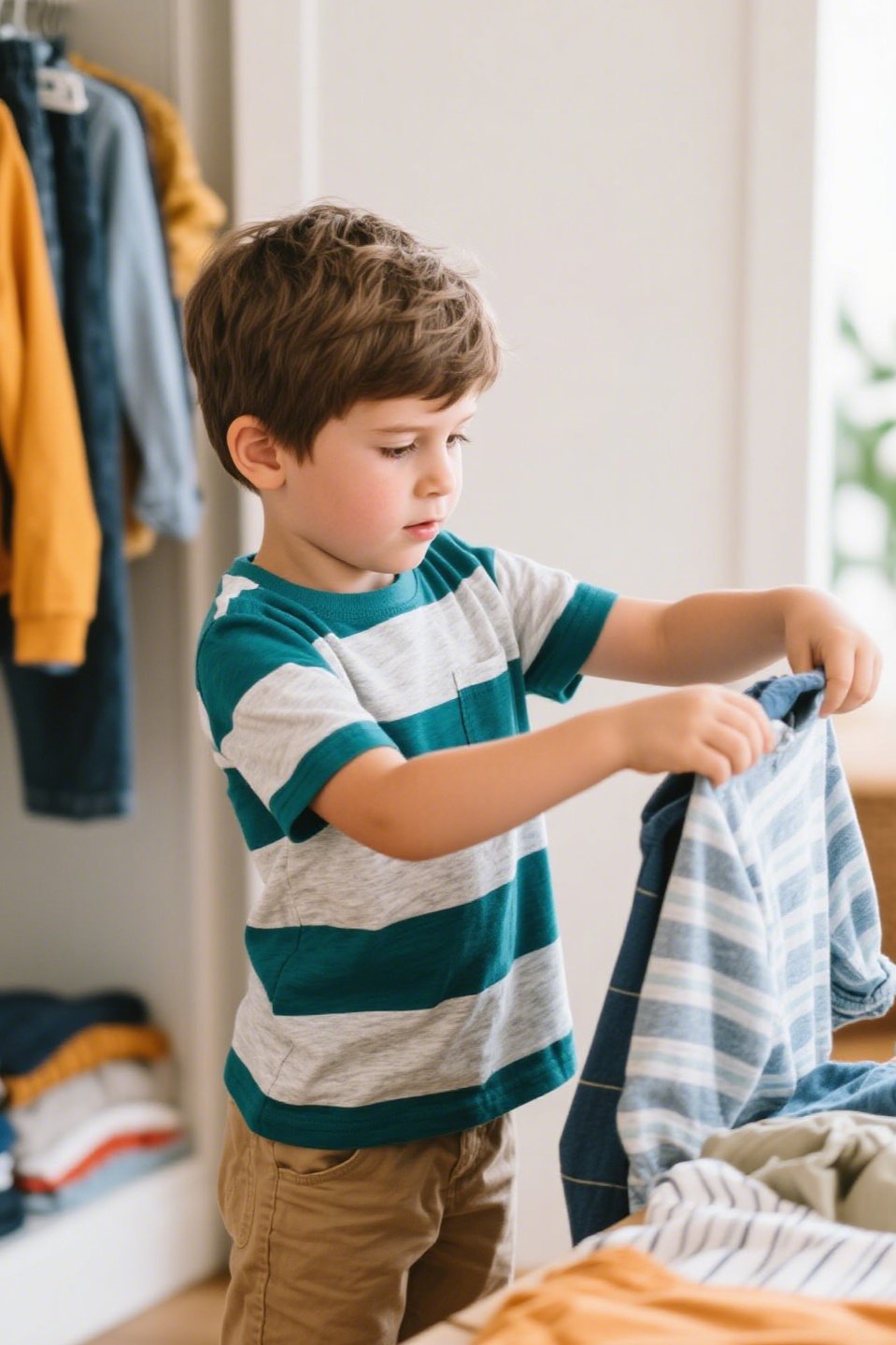
Responsibility grows when kids feel in charge of something.
Let them:
- Choose their own clothes.
- Decide how to spend their allowance.
- Pick a day to cook or plan a family game night.
Will they mess up? Of course. But every mistake is a chance to learn—and learning is where real responsibility lives.
🏁 6. Celebrate Effort, Not Perfection
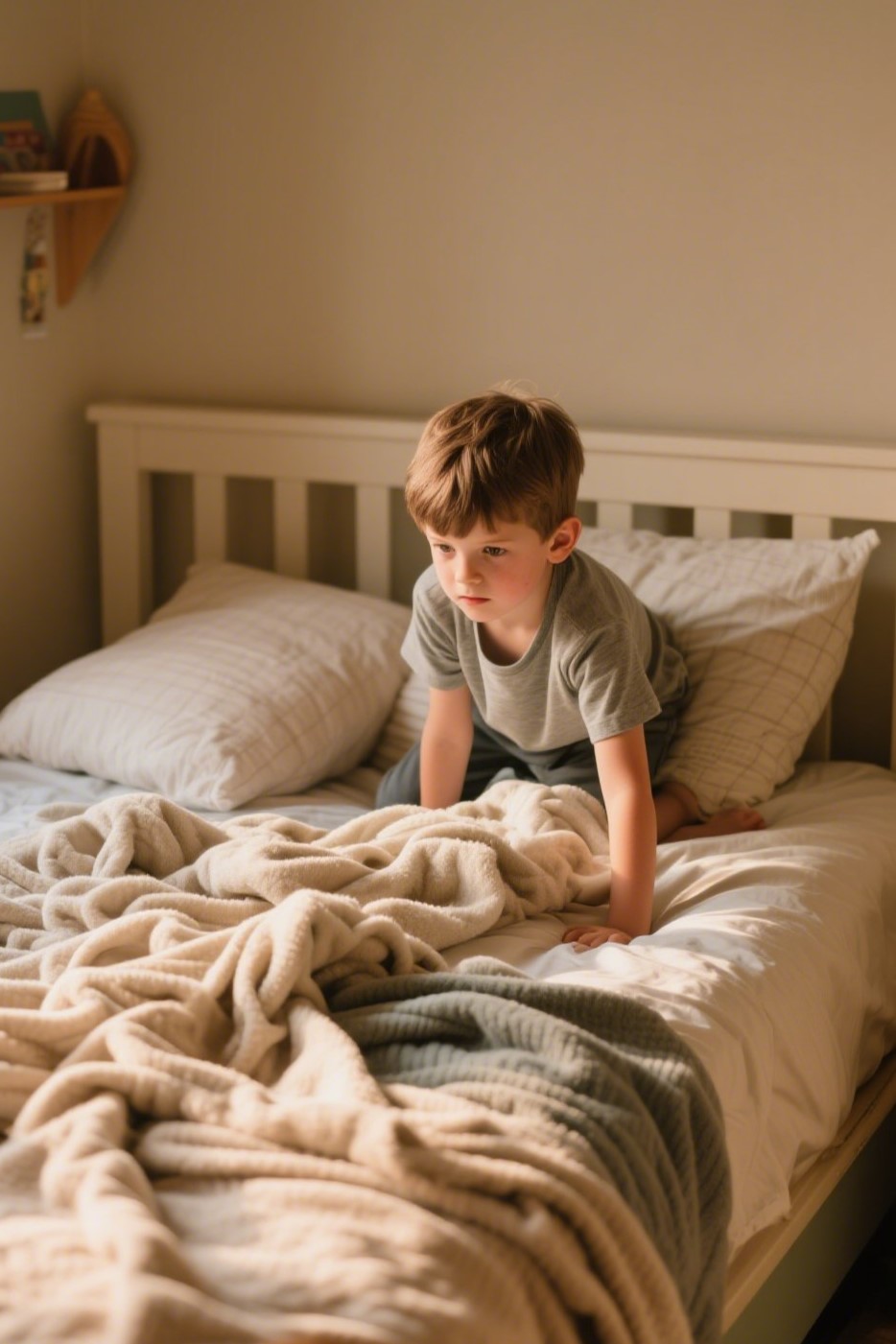
Your child remembered to feed the cat but spilled the food everywhere?
Your 7-year-old tried to make their bed and it looks like a lump of blankets?
Celebrate anyway.
🟡 “You remembered on your own—awesome!”
🟡 “That’s effort. That’s responsibility in action.”
🟡 “Want to learn a trick to make it even neater next time?”
The goal isn’t flawless performance. It’s steady growth.
💡 Final Thought: Train, Don’t Control
Training a child to be responsible doesn’t mean turning them into a mini-adult. It means giving them tools, space, and trust to learn how to show up—for themselves and others.
It’s not a one-time lesson. It’s a lifestyle. And it’s one of the greatest gifts you’ll ever give them.
So take a breath, let go of perfection, and remember:
You’re not raising a robot. You’re raising a future leader, thinker, teammate, and kind-hearted grown-up.
And that starts—right now—with one small responsibility at a time.


